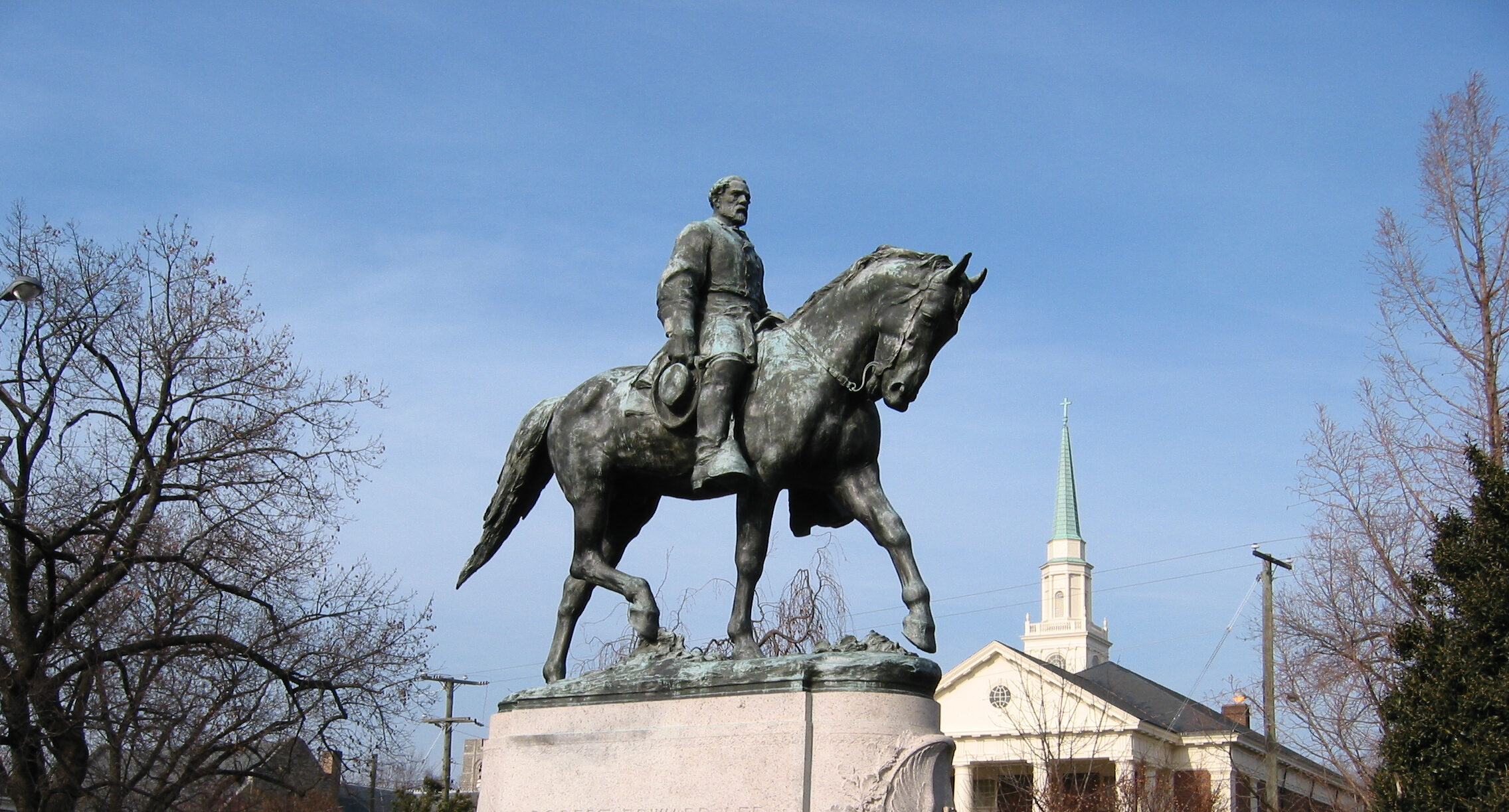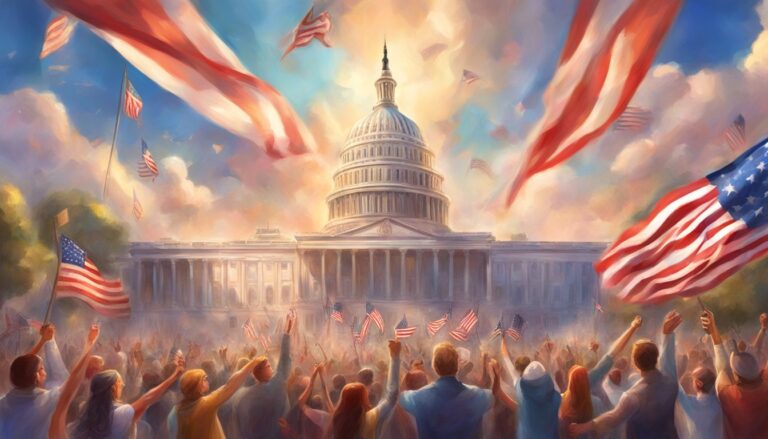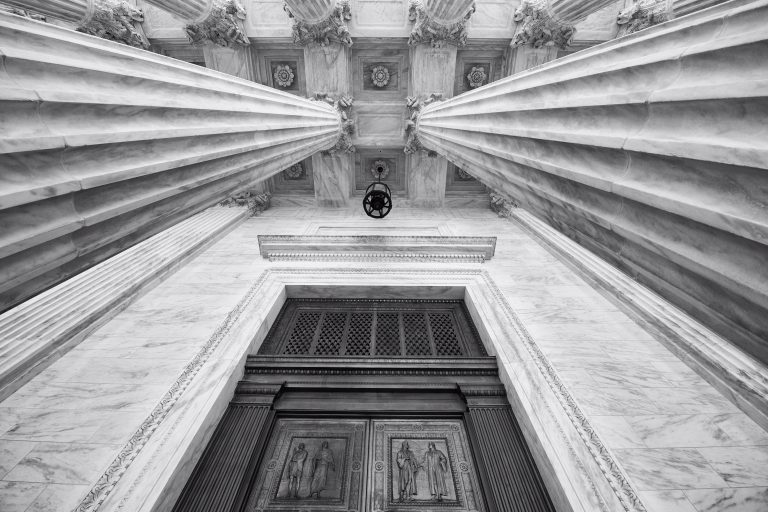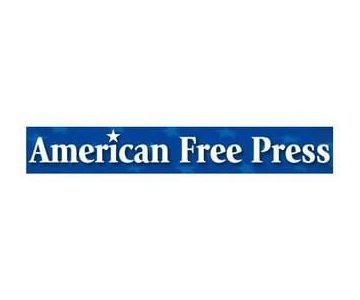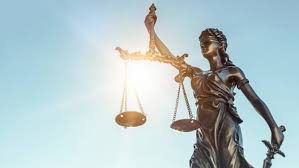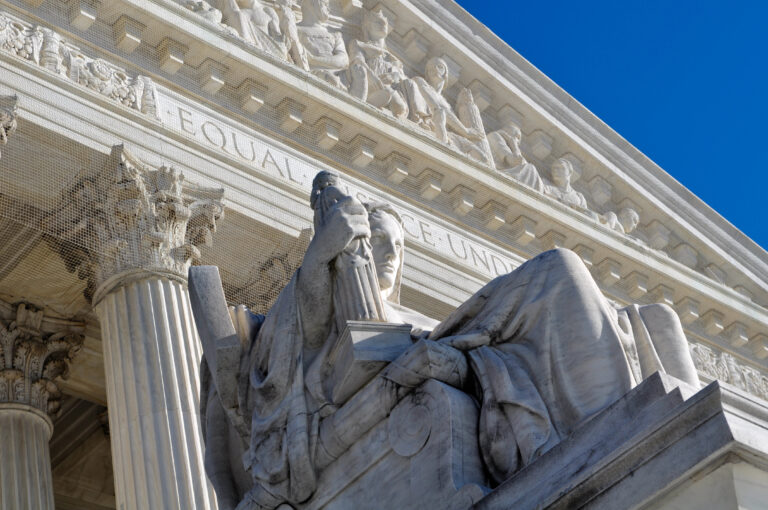Fourth Circuit Appeal Filed in Unite the Right Rally Free Speech Case
Article by FEF Staff
Last month, FEF Chief Legal Officer Glen Allen, acting as appellate counsel for Dissident Right activist Warren Balogh, filed the opening appellate brief in Balogh’s lawsuit against Virginia authorities relating to their handling of the historic 2017 Unite the Right (“UTR”) rally in Charlottesville.
In Balogh’s initial pro se complaint he alleged, among other things, that the state authorities had deprived him of his First Amendment rights by enforcing an Unlawful Assembly Declaration in a viewpoint discriminatory manner. Specifically, according to Balogh’s allegations, police improperly forced Balogh and thousands of other demonstrators, who were protesting the removal of statues to Robert E. Lee and others, into a waiting mob of violent counter-protestors, including Antifa. The trial court judge, Judge Moon, however, dismissed Balogh’s complaint before Balogh could take discovery to support his allegations.
In the appeal to the Fourth Circuit Court of Appeals from Judge Moon’s dismissal, Allen and his co-counsel, on behalf of Balogh, contend that the dismissal was predicated on a faulty premise: namely, that the state actors’ enforcement of the dispersal order was viewpoint neutral because it supposedly affected the UTR demonstrators and the Antifa counter-protesters equally. According to Judge Moon, because some counter-protestors were also caught up in the enforcement of the dispersal order, the state could not have been acting to silence the Dissident Right protestors from ideological animus.
Allen and his co-counsel argue in their 50-page appellate brief that Judge Moon’s rationale rings hollow for three reasons. First, violence did not occur because of police ignorance or negligence, but rather because of a deliberate plan by authorities to channel UTR protestors into counter-protestors, thus resulting in violence which could serve as a pretext for declaring an unlawful assembly. The existence of such a plan, the brief explains, is detailed in the Heaphy Report commissioned by the city of Charlottesville after the rally, the same report available to but largely ignored by Judge Moon.
Second, and again as detailed in the Heaphy Report, ample factual grounds supported a plausible conclusion that the state actors were motivated by ideological animus towards the “Alt-Right,” as it was then known. For example, prior to the rally, the City of Charlottesville, one of the state actors, had referred to the UTR rally as a “hate-gathering” and unsuccessfully attempted to revoke the rally’s permit for alleged “safety reasons,” while leaving the permits of a panoply of counter-protestor groups untouched.
Third, by allowing counter-protestors to effectively exercise a “Heckler’s Veto” of the lawfully permitted UTR Rally, the state actors breached their duties to Balogh and others under well-established First Amendment case law. This case law demonstrates that governments may not stand idly by and allow hostile crowds to silence unpopular or controversial speakers. To the contrary, they must take affirmative steps to protect such speakers and allow them to be heard. This the state actors flagrantly failed to do.
Unfortunately, the Balogh Appeal faces an uphill battle in the Fourth Circuit. So far, no appeal of any ruling arising out of the UTR events has been successful. But attorney Allen remains confident that the critical importance of the issues presented, combined with the scant and deficient analysis presented in both the district court’s opinion and the Fourth Circuit’s prior rulings in related cases, may well result in a reversal of Judge Moon’s dismissal. If that happens, the case would be remanded to the district court with instructions to proceed. Typically, the next stage in a lawsuit after denial of a motion to dismiss would be discovery, where both sides share factual information relating to the case. Allen expressed confidence that Balogh’s legal team, if allowed discovery, would be able to acquire substantial favorable evidence supplementing the already damning Heaphy Report.
The legal fallout of the UTR Rally, from the denial of the permitted protestors’ First Amendment rights of speech and assembly to the manifest ideological lawfare on display in Sines v. Kessler¸ heralded a new era of crisis for Americans’ rights to hold and share controversial views. The Balogh Appeal represents FEF’s ongoing efforts, through Allen, to provide legal assistance to political dissidents who have found it quite difficult to obtain legal representation.
If you would like to read the Balogh appellate brief, you may do so here.
FEF is a 501c3 tax deductible organization and is able to pursue important free speech cases like this only with the help of its generous supporters. Please donate to this cause, if you are able.

